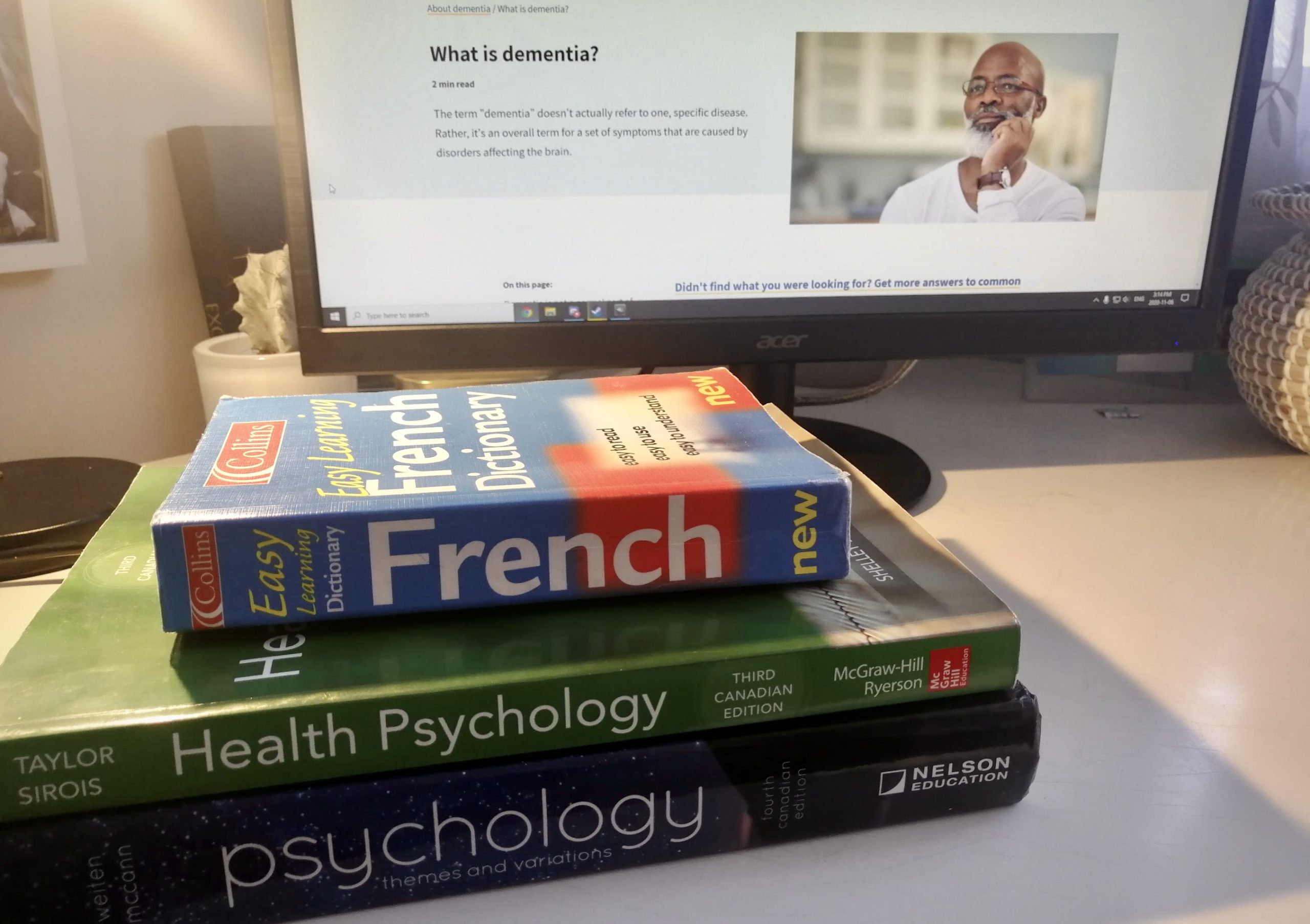Research out of York has shown that lifelong bilingualism aids in protecting the brain from early onset of Alzheimer’s disease, which is the most prominent form of dementia. Over 500,000 Canadians are living with dementia, and roughly 25,000 Canadians are diagnosed each year.
Distinguished research professor in the department of psychology Ellen Bialystok leads a team that studies the link between bilingualism, aging, and dementia. The study has been the first of its kind. The results showed how bilingualism can act as a protection for the brain against the onset of dementia.
“I started by investigating the relation between language and thought in children, and after a long and winding road that led to the effect of bilingualism of children’s cognitive development,” Bialystok says.
She adds: “In 2004 we published a paper extending our results with children to adults for the first time, showing that there were distinct cognitive benefits of bilingualism for adults. The sample included older adults so that raised questions about what would happen if the older adults in our sample were not experiencing healthy aging but rather were suffering from cognitive decline or dementia.
“No one had ever looked at that before. Our first study was simply to tabulate the age at which monolingual and bilingual patients were diagnosed with dementia, using records at the Baycrest Hospital memory clinic. We found a significant gap in which bilinguals were just more than four years older on average than monolinguals, despite having comparable clinical levels.”
“No one had ever looked at that before. Our first study was simply to tabulate the age at which monolingual and bilingual patients were diagnosed with dementia … We found a significant gap in which bilinguals were just more than four years older on average than monolinguals…”
This research founded in Bialystok and team’s work is now known internationally, and as Bialystok says, “that finding has been widely replicated in clinics around the world.”
Dean of the Faculty of Health Paul W. Macdonald expresses the department’s gratification that comes with Bialstok’s noteworthy work being both acknowledged and implemented.
“Those of us who work with Dr. Bialystok know how influential and important her research on bilingualism’s role in brain health has been.”
Bialystok explains that any progressions made in the understanding of Alzheimer’s disease is incredibly important, since there are currently no treatments for it.
“There are no effective treatments for Alzheimer’s, and as of now there are no promising results in clinical drug trials. Because Alzheimer’s is a disease of aging, postponing onset has an enormous effect on disease incidence, essentially because as people get older, they become more likely to die of other causes,” Bialystok says.
“But Alzheimer’s has an enormous burden on public health (billions of dollars are spent in care and support of patients), families, and quality of life. So if there are ways of postponing onset of the disease, the benefits are enormous,” she adds. “This research does not address the fundamental biochemistry of the disease. Other research takes that approach. The goal here is to boost the ability of older adults to function independently for as long as possible.
While bilingualism and multilingualism has proven effective in the prevention of onset Alzheimer’s disease, it is equally as important to keep one’s brain stimulated through remaining cognitively active to improve the health of one’s brain.


